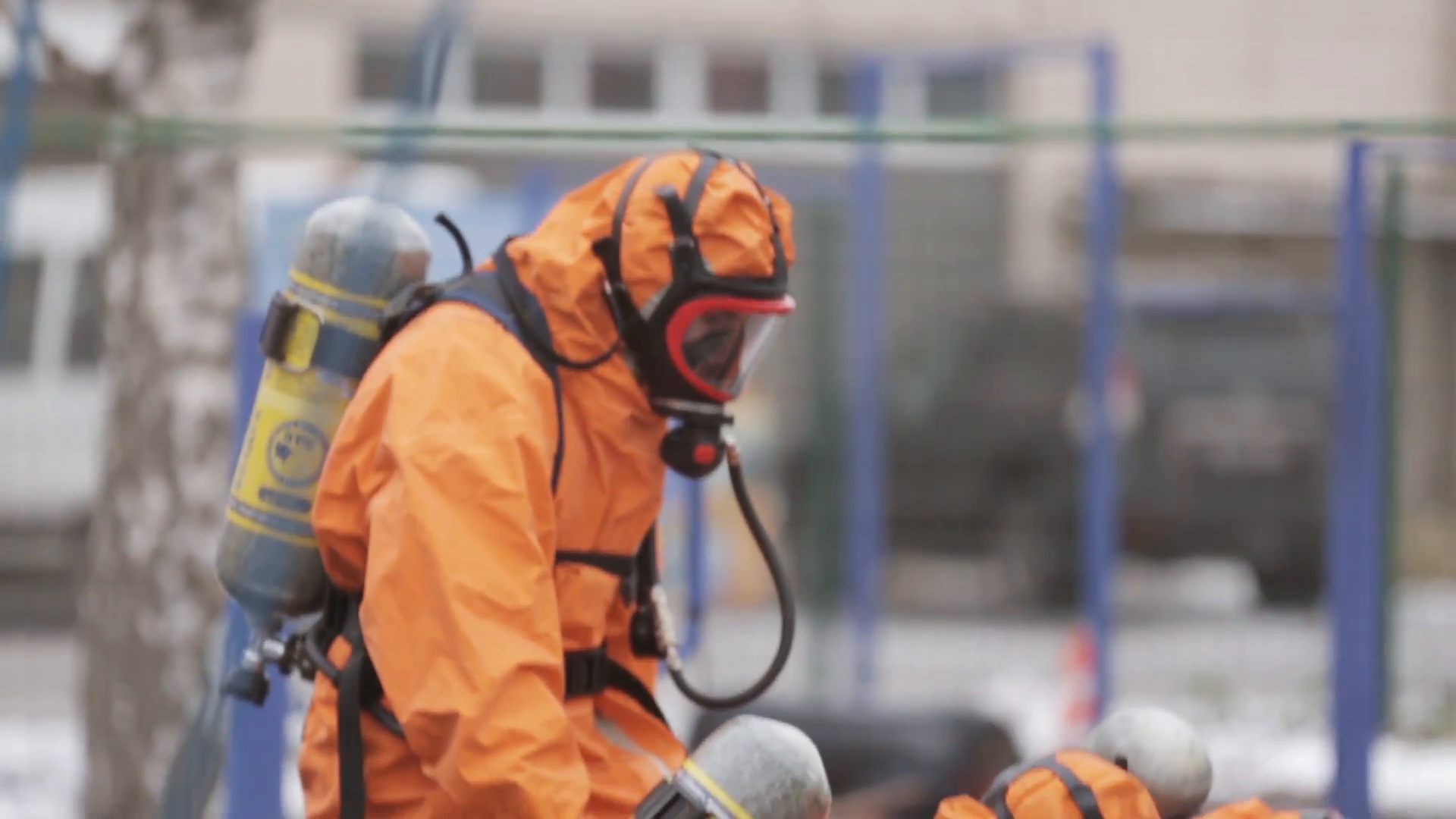Industrial water treatment depiction, delineation, description by chemical Man
There are many uses of water in industry and, in most cases, the used water also needs treatment to render it fit for re-use or disposal. Raw water entering an industrial plant often needs treatment to meet tight quality specifications to be of use in specific industrial processes. Industrial water treatment encompasses all these aspects which include industrial wastewater treatment, boiler water treatment, and cooling water treatment.
Water treatment is used to optimize most water-based industrial processes, such as heating, cooling, processing, cleaning, and rinsing so that operating costs and risks are reduced. Poor water treatment lets water interact with the surfaces of pipes and vessels which contain it. Steam boilers can scale up or corrode, and these deposits will mean more fuel is needed to heat the same amount of water. Cooling towers can also scale up and corrode but left untreated, the warm, dirty water they can contain will encourage bacteria to grow, and Legionnaires' disease can be the fatal consequence. Water treatment is also used to improve the quality of water contacting the manufactured product e.g. semiconductors, and/or can be part of the product e.g. beverages, pharmaceuticals, etc. In these instances, poor water treatment can cause defective products.
In many cases, effluent water from one process can be suitable for reuse in another process if given suitable treatment. This can reduce costs by lowering charges for water consumption, reduce the costs of effluent disposal because of reduced volume and lower energy costs due to the recovery of heat in recycled wastewater.
Industrial water treatment seeks to manage four main problem areas: scaling, corrosion, microbiological activity and disposal of residual wastewater. Boilers do not have any problems with microbes as the high temperatures prevent their growth.
Scaling occurs when the chemistry and temperature conditions are such that the dissolved mineral salts in the water are caused to precipitate and form solid deposits. These can be mobile, like a fine silt, or can build up in layers on the metal surfaces of the systems. The scale is a problem because it insulates and heat exchange becomes less efficient as the scale thickens, which wastes energy. The scale also narrows pipe widths and therefore increases the energy used in pumping the water through the pipes.
Corrosion occurs when the parent metal oxidizes (as iron rusts, for example) and gradually the integrity of the plant equipment is compromised. The corrosion products can cause similar problems to scale, but corrosion can also lead to leaks, which is a pressurized system can lead to catastrophic failures.
Microbes can thrive in untreated cooling water, which is warm and sometimes full of organic nutrients as wet cooling towers are very efficient air scrubbers. Dust, flies, grass, fungal spores, and others collect in the water and create a sort of "microbial soup" if not treated with biocides. Many outbreaks of the deadly Legionnaires' Disease have been traced to unmanaged cooling towers, and the UK has had stringent Health & Safety guidelines concerning cooling tower operations for many years as have had governmental agencies in other countries.
if you have any query regarding the product you can feel free to contact us on Email:- vizagchemical@gmail.com


Leave a comment